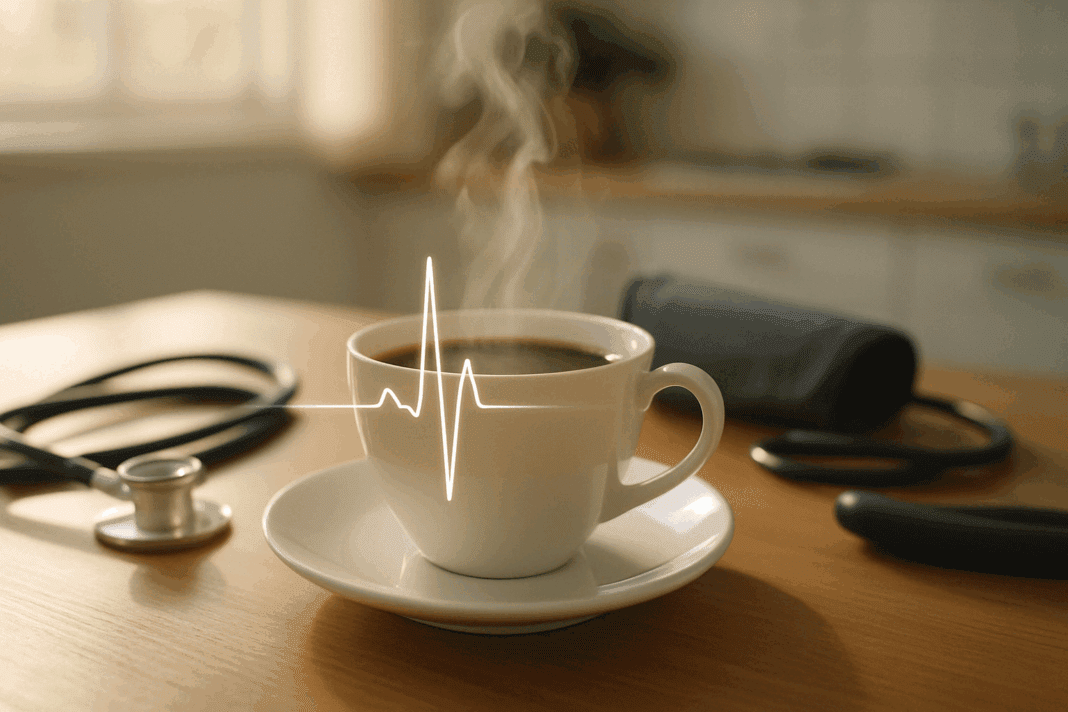Coffee is one of the most widely consumed beverages in the world, cherished for its rich flavor and energizing effect. For millions of people, it is a daily ritual—whether savored slowly in the morning or gulped down during a midday break. But for those managing cardiovascular health, a pressing question arises: does coffee increase blood pressure? The relationship between coffee and blood pressure is not only medically significant but also frequently misunderstood. While some believe coffee can be a harmless stimulant, others worry about its potential role in elevating blood pressure or exacerbating hypertension.
Understanding the nuanced connection between coffee consumption and cardiovascular health requires more than a surface-level glance. Scientific research has provided a wealth of data, though findings are sometimes conflicting due to variations in study design, individual sensitivity to caffeine, and differing consumption habits. This article will explore what the current body of evidence reveals about coffee and blood pressure, clarify common misconceptions, and offer practical guidance for individuals with concerns about hypertension and coffee drinking.
You may also like: Sudden Spikes in Blood Pressure: What Can Cause a Sudden Increase and When to Seek Medical Attention
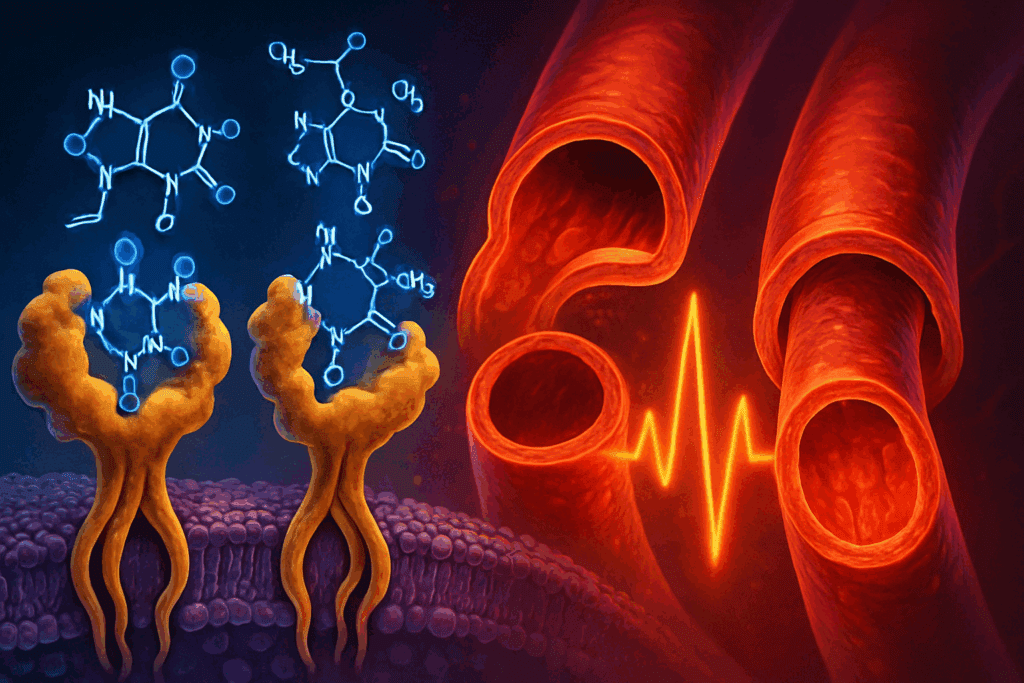
The Caffeine-Blood Pressure Connection: What the Science Says
Caffeine, the primary psychoactive component of coffee, has long been studied for its effects on cardiovascular physiology. A central question in medical literature is whether caffeine increases blood pressure in a clinically meaningful way. Numerous studies indicate that caffeine can cause a short-term rise in blood pressure, especially in individuals who are not habitual coffee drinkers. This acute response is thought to result from caffeine’s ability to block adenosine receptors, leading to increased sympathetic nervous system activity.
However, the long-term implications are less clear. Research shows that while caffeine can cause a temporary spike, the body often builds tolerance over time. This suggests that regular coffee drinkers may not experience significant long-term increases in blood pressure due to caffeine alone. Yet, for those who are sensitive to stimulants or already managing high blood pressure, even transient increases might be cause for concern. The question of whether coffee raises blood pressure permanently or significantly enough to increase cardiovascular risk remains a topic of ongoing investigation.
One notable point is the distinction between occasional and chronic consumption. Infrequent drinkers may experience more pronounced cardiovascular effects, which might explain why the question “does coffee affect blood pressure?” yields different answers depending on the context. Genetics also play a role, as certain individuals metabolize caffeine more slowly, prolonging its hypertensive effects. Understanding this diversity in response is key to making informed decisions about coffee and high blood pressure.
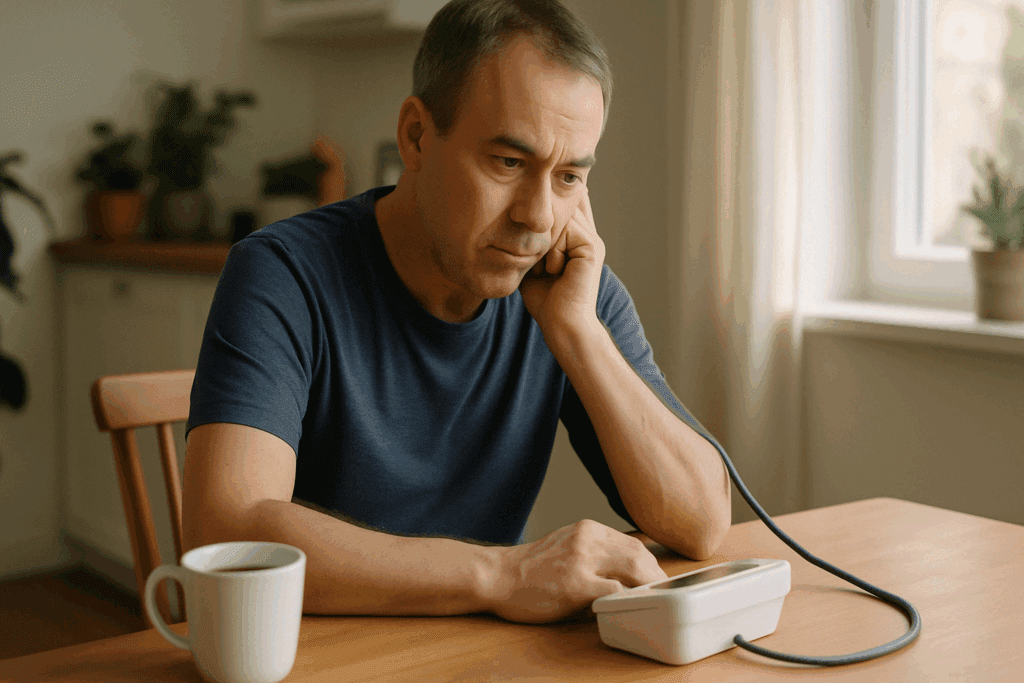
Can Coffee Cause High Blood Pressure or Worsen Hypertension?
For individuals with pre-existing hypertension, concerns about whether coffee can worsen their condition are valid and often discussed in clinical settings. Several studies have explored whether regular coffee consumption contributes to the development or progression of high blood pressure. While the acute effects of caffeine are well documented, the chronic impact appears to be less pronounced, especially among long-term consumers who have developed tolerance.
Nonetheless, certain populations may still be at risk. Individuals with uncontrolled hypertension may be more susceptible to the stimulant effects of caffeine, leading to elevated systolic and diastolic readings shortly after drinking coffee. In these cases, even moderate consumption could be problematic. It is important to consider not only whether coffee increases blood pressure, but also the broader context in which it is consumed, including stress levels, activity, and dietary habits.
Clinical guidelines often suggest moderation rather than abstinence. According to the American Heart Association, moderate coffee consumption—generally defined as three to five cups per day—is not associated with increased risk of hypertension in most healthy individuals. However, for those already diagnosed with high blood pressure, close monitoring is recommended. It is essential to evaluate whether drinking coffee raises blood pressure in a specific individual, as the response can vary widely.
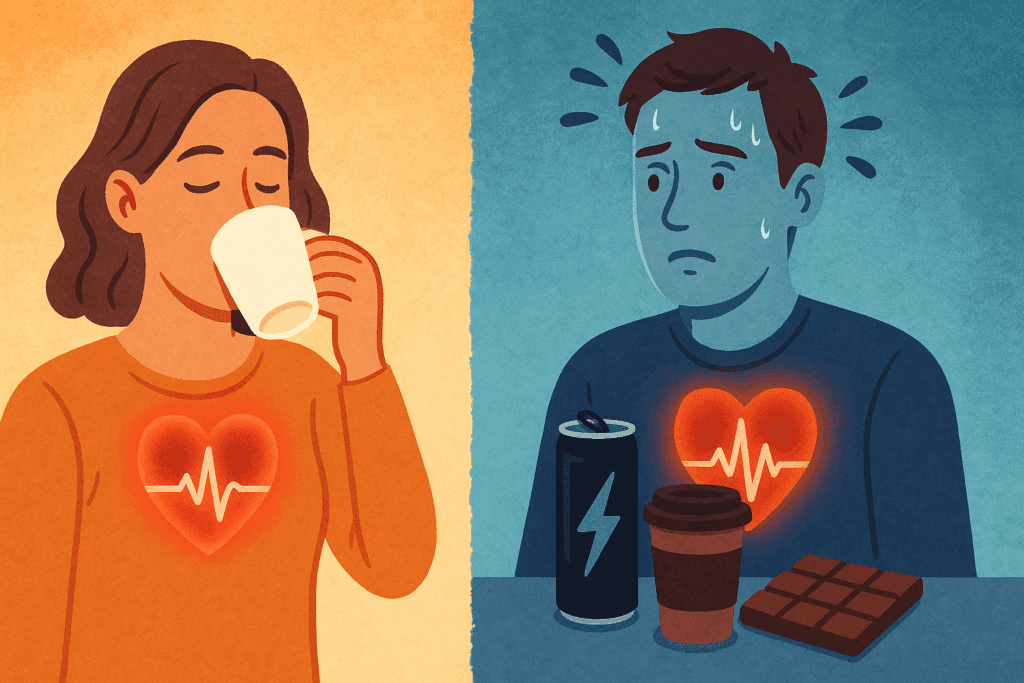
How Much Does Caffeine Increase Your Blood Pressure?
Quantifying the effect of caffeine on blood pressure is complex due to numerous confounding variables, but some studies provide useful benchmarks. On average, caffeine consumption has been shown to raise systolic blood pressure by 5 to 10 mmHg and diastolic pressure by 3 to 8 mmHg within 30 minutes to two hours after ingestion. These changes are typically transient and return to baseline after several hours. Still, for those with already elevated baseline pressures, these spikes may present a concern.
The question of how much caffeine increases your blood pressure is further complicated by individual differences in metabolism. Fast metabolizers may process caffeine with minimal cardiovascular impact, while slow metabolizers may experience prolonged stimulation and heightened blood pressure responses. Gender, age, and the presence of other health conditions also influence the body’s response to caffeine.
One relevant consideration is total daily caffeine intake. While a single cup of coffee may have a mild effect, cumulative consumption from multiple cups—or from additional sources like energy drinks, tea, or chocolate—can amplify the overall impact. This raises the issue of cumulative exposure and underscores the importance of tracking all dietary sources of caffeine when evaluating whether coffee affects blood pressure.
Is Coffee Bad for High Blood Pressure? Debunking Myths and Clarifying Concerns
The idea that coffee is inherently bad for people with high blood pressure is a pervasive belief, but it oversimplifies a more nuanced reality. While it is true that caffeine can acutely elevate blood pressure, this does not necessarily translate to long-term harm, particularly for habitual drinkers. In fact, some research even suggests that coffee consumption may have protective cardiovascular effects, owing to its rich antioxidant profile and potential anti-inflammatory properties.
Understanding whether coffee is bad for high blood pressure requires a contextual approach. Factors such as preparation method, serving size, and co-ingested substances (like sugar or cream) all influence health outcomes. Moreover, the timing of coffee consumption in relation to blood pressure medication or physical activity can alter its effects. For individuals who monitor their blood pressure regularly, tracking readings before and after drinking coffee can provide personalized insights.
It is also important to differentiate between caffeine and coffee. While caffeine may have hypertensive effects, coffee contains a variety of compounds—such as chlorogenic acids and polyphenols—that may counterbalance some of the risks. This distinction helps clarify the effect of coffee on blood pressure beyond its caffeine content. Thus, the blanket assumption that coffee is bad for those with high blood pressure fails to account for these complexities.
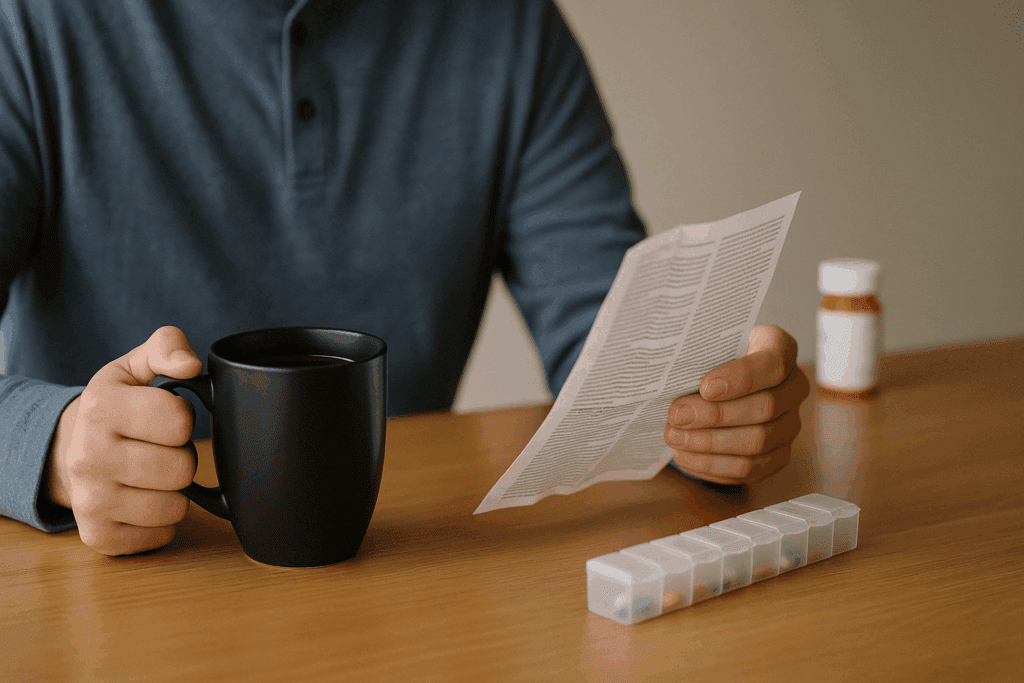
Does Coffee Affect Blood Pressure Medications? Understanding Drug Interactions
A lesser-known yet crucial question in the discussion of coffee and blood pressure is whether caffeine can interfere with antihypertensive medications. Some pharmacological agents used to manage high blood pressure may interact with caffeine, altering either the drug’s effectiveness or the body’s physiological response. For instance, beta-blockers and certain calcium channel blockers may have their effects blunted by caffeine’s stimulatory influence.
These interactions may not be universally significant but can impact individuals differently depending on their medication regimen and dosage. For example, individuals taking medications that reduce heart rate may find that caffeine’s opposing effect—raising heart rate and vasoconstriction—diminishes the intended therapeutic benefit. Consequently, whether coffee raises blood pressure in the context of medication use is a question best answered on a case-by-case basis.
Healthcare providers often recommend spacing out coffee consumption and medication timing to avoid overlap in peak absorption windows. Doing so may help prevent any undesirable interactions or exaggerated cardiovascular responses. Patients should consult with their physician or pharmacist to determine if drinking coffee could affect blood pressure meds in their specific case. Personalized medical guidance is especially important when managing chronic conditions like hypertension.
Hypertension and Coffee Drinking: Risk Factor or Lifestyle Choice?
Coffee drinking is deeply embedded in global culture, making its relationship with chronic health conditions such as hypertension particularly relevant. Epidemiological studies have provided mixed findings on whether coffee contributes to the development of high blood pressure, with some suggesting a modest risk increase and others showing no association—or even a protective effect. The divergence in data highlights the importance of considering lifestyle, genetics, and consumption patterns when evaluating coffee’s impact on health.
For example, one individual may consume coffee alongside a healthy diet, regular exercise, and low stress levels, resulting in negligible impact on blood pressure. Another may pair excessive coffee consumption with smoking, poor sleep, and a sedentary lifestyle, amplifying cardiovascular risks. In this way, the effect of coffee on blood pressure is not merely pharmacological but contextual, shaped by a broader web of health behaviors.
Public health messaging increasingly emphasizes individualized recommendations over one-size-fits-all advice. While blanket restrictions on coffee intake may be warranted in rare cases of severe, uncontrolled hypertension, they are generally not supported for the broader population. In fact, the question of whether coffee increases blood pressure should be reframed to consider whether overall lifestyle supports cardiovascular health, and how coffee fits into that picture.
Can Drinking Coffee Raise Your Blood Pressure Temporarily or Permanently?
The answer to whether drinking coffee raises your blood pressure permanently lies in differentiating between acute and chronic effects. Short-term elevations in blood pressure following caffeine intake are well-documented and occur in most people, particularly those who are not habitual users. These spikes, however, tend to be temporary and may diminish with regular consumption due to tolerance.
Long-term studies have largely failed to establish a consistent link between habitual coffee intake and sustained increases in blood pressure. In fact, some longitudinal research suggests that regular coffee consumption is not associated with increased incidence of hypertension over time. This finding supports the notion that while coffee may raise blood pressure temporarily, it is unlikely to be a direct cause of chronic hypertension in most individuals.
That said, for those who already have high blood pressure, even transient spikes can be problematic if they occur frequently or at inopportune times—such as before physical exertion or during periods of stress. For this group, the impact of coffee on blood pressure warrants close attention, ideally with real-time monitoring to assess individual responses. Ultimately, the question is not whether coffee can elevate blood pressure temporarily—it often does—but whether those elevations have meaningful health consequences over time.

The Effect of Coffee on Blood Pressure in Different Populations
One of the most insightful areas of research involves how coffee affects blood pressure in different demographic and genetic populations. For instance, younger individuals and those without underlying cardiovascular conditions may tolerate caffeine’s effects with minimal consequences. Older adults, on the other hand, often exhibit greater sensitivity, partly due to slower metabolic clearance and age-related vascular changes.
Ethnic background and genetic makeup also influence caffeine metabolism. Certain genetic polymorphisms affect how quickly caffeine is broken down, impacting both the duration and intensity of its blood pressure effects. For slow metabolizers, the question “does caffeine increase bp?” becomes more clinically significant, as prolonged exposure can have cumulative cardiovascular consequences.
Pregnant individuals and those with specific endocrine disorders such as hyperthyroidism may also exhibit heightened sensitivity to caffeine. In such cases, recommendations often include limiting coffee intake to one cup per day or avoiding it altogether. Thus, while the general population may not need to worry about whether coffee brings up blood pressure, vulnerable groups may require tailored guidelines.
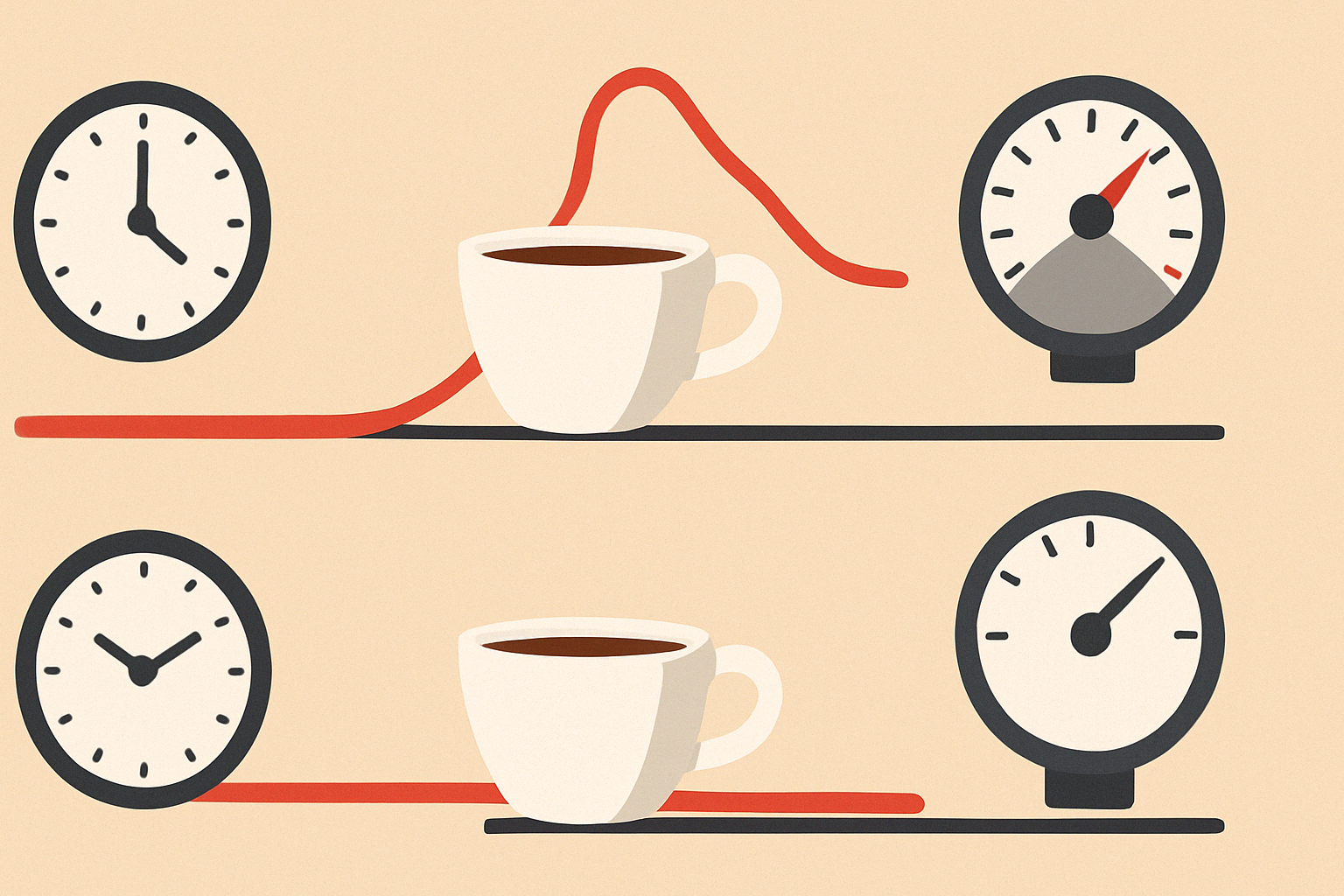
Frequently Asked Questions: Coffee and Blood Pressure
1. Can switching to decaf help if coffee affects my blood pressure?
Decaffeinated coffee can be a useful alternative for those sensitive to caffeine’s cardiovascular effects. While decaf still contains small traces of caffeine, the amount is significantly lower, minimizing the likelihood that it will elevate blood pressure in most individuals. This substitution is especially helpful for those wondering, “does coffee increase blood pressure” or “can caffeine affect blood pressure” without sacrificing the ritual of drinking coffee. However, it’s essential to note that some decaf varieties undergo chemical processing, which may influence other health outcomes. When switching, choose water-processed decaf options and continue monitoring your blood pressure to determine whether this change mitigates the caffeine effect on blood pressure.
2. Are there specific types of coffee that are more likely to raise blood pressure?
Different coffee types and preparation methods can yield varying levels of caffeine, which impacts blood pressure differently. For example, espresso contains more caffeine per ounce compared to drip coffee, but due to smaller serving sizes, the overall effect may differ. Individuals asking, “does drinking coffee raise blood pressure” should also consider factors such as roast level—lighter roasts tend to have more caffeine than darker ones. Cold brew, often steeped for long durations, may contain more concentrated caffeine, which can be problematic for those concerned about coffee and high blood pressure. Experimenting with brewing methods and observing individual responses can help reduce the coffee impact on blood pressure.
3. Could the time of day I drink coffee influence its effect on blood pressure?
Yes, the timing of coffee consumption may alter its effect on cardiovascular function. Drinking coffee early in the morning, when cortisol levels are naturally high, might intensify caffeine’s stimulating effect and increase the likelihood that coffee raises blood pressure temporarily. In contrast, drinking coffee later in the day could affect sleep quality, leading to indirect effects on hypertension due to poor rest. For individuals wondering, “will coffee raise your blood pressure” or “does coffee bring up blood pressure,” monitoring blood pressure at different times of day can reveal personalized patterns. Establishing a consistent coffee schedule may help regulate caffeine blood pressure effects more effectively.
4. Can lifestyle factors modify how coffee affects my blood pressure?
Absolutely—diet, physical activity, stress levels, and even hydration status can modulate how your body reacts to coffee. Someone with a high-sodium diet or sedentary lifestyle may find that coffee elevates blood pressure more significantly than someone with a balanced lifestyle. Individuals asking, “is coffee bad for high blood pressure” should consider these variables before drawing conclusions. Regular exercise and a potassium-rich diet can help offset the effect of coffee on blood pressure, especially when caffeine consumption is moderate. A holistic lifestyle approach offers the best protection against any negative caffeine affect blood pressure outcomes.
5. Does the presence of additives like sugar or cream influence how coffee affects blood pressure?
Additives can play a significant role in the long-term health consequences of coffee consumption. While caffeine itself is the primary agent that can elevate blood pressure, sugary syrups, creamers, and whipped toppings may contribute to insulin resistance and weight gain—both of which are risk factors for hypertension. For those asking, “can coffee cause high blood pressure,” the answer may depend more on what’s added to the drink than the coffee itself. Choosing unsweetened or minimally processed additions can help preserve the cardiovascular neutrality of black coffee. In the context of hypertension and coffee, simpler preparations tend to be safer.
6. Is there a connection between coffee and white coat hypertension?
White coat hypertension—a phenomenon where patients exhibit elevated blood pressure in clinical settings but not in everyday life—can be influenced by stimulants like caffeine. For individuals experiencing this condition, the question “does coffee affect blood pressure” becomes especially relevant before doctor visits. Consuming coffee shortly before a medical appointment may temporarily elevate readings, skewing clinical assessments. This could lead to misdiagnosis or unnecessary medication changes. For accurate readings, it’s wise to avoid coffee for several hours before a scheduled blood pressure check, particularly when caffeine effect on blood pressure is a known sensitivity.
7. How do energy drinks compare to coffee in terms of blood pressure impact?
While both coffee and energy drinks contain caffeine, the latter often includes additional stimulants such as guarana, taurine, and large quantities of sugar. These ingredients can amplify the cardiovascular impact, making energy drinks more likely to cause sudden increases in blood pressure. Therefore, individuals asking, “can drinking coffee raise your blood pressure” should note that coffee is generally safer than many energy drinks when consumed in moderation. In contrast to coffee, which may cause a gradual and short-lived increase, energy drinks can cause more abrupt spikes. Understanding the unique caffeine blood pressure profile of different beverages is crucial when evaluating options.
8. Can coffee cause a drop in blood pressure in some individuals?
Although less common, paradoxical drops in blood pressure can occur in rare cases due to vasodilation following an initial vasoconstrictive phase. Individuals with autonomic dysfunction or adrenal fatigue might experience dips rather than spikes in response to caffeine. This phenomenon complicates the standard discussion around “coffee affect blood pressure” or “does coffee high blood pressure.” In such cases, symptoms like dizziness or fainting may occur shortly after coffee intake, which requires clinical evaluation. Personalized testing, such as ambulatory blood pressure monitoring, may be necessary to understand how coffee and blood pressure interact in these unique scenarios.
9. How does the caffeine tolerance threshold affect whether coffee will raise your blood pressure?
Caffeine tolerance plays a pivotal role in determining whether coffee elevates blood pressure. Long-term coffee drinkers often develop a physiological adaptation where the cardiovascular system becomes less reactive to caffeine’s stimulatory effects. Someone newly introduced to coffee may find that a single cup raises blood pressure noticeably, prompting questions like “does coffee elevate blood pressure” or “how much does caffeine increase your blood pressure.” Over time, however, tolerance can blunt this response, reducing concern for habitual users. Nevertheless, periodic abstinence or changes in consumption levels can reset sensitivity and reintroduce variability in blood pressure readings.
10. What should I consider when evaluating my personal response to coffee and blood pressure?
Tracking individual reactions to coffee through home blood pressure monitoring is one of the most effective ways to understand personal risk. People often respond differently based on genetics, health conditions, medication use, and daily habits. If you’re wondering, “does coffee increase blood pressure in me specifically?” try measuring your pressure before and after coffee intake on multiple occasions. Note any physical symptoms such as palpitations, anxiety, or flushing, which may signal a heightened response. As more people consider the long-term coffee impact on blood pressure, personalized tracking emerges as a responsible and empowering strategy for cardiovascular self-care.
Conclusion: What You Should Know About Coffee and Blood Pressure Management
Understanding the complex relationship between coffee and blood pressure requires a nuanced, evidence-based perspective that considers individual variability, lifestyle context, and evolving scientific research. The question of whether coffee raises blood pressure does not lend itself to a simple yes-or-no answer. Instead, it invites a deeper examination of how caffeine affects cardiovascular physiology, how the body adapts over time, and how other factors—such as medication use, genetics, and comorbidities—contribute to individual risk.
For most people, moderate coffee consumption does not pose a significant threat to heart health. However, individuals with high blood pressure or increased cardiovascular risk should remain mindful of their caffeine intake and monitor their responses carefully. In some cases, coffee may need to be limited or timed strategically to minimize potential interactions with blood pressure medications or prevent acute spikes.
Ultimately, the impact of coffee on blood pressure is not determined by the beverage alone, but by the broader context of one’s health behaviors. Does coffee increase blood pressure? It can—but not necessarily in a harmful or lasting way for most people. With informed choices and regular medical guidance, coffee can remain a pleasurable and even health-supportive part of a balanced lifestyle.
By embracing personalized healthcare and staying attuned to one’s body, individuals can navigate the complexities of caffeine consumption without sacrificing either enjoyment or cardiovascular health. The key lies in understanding your unique physiology, consulting with healthcare providers, and treating coffee not as a danger to avoid, but as a factor to manage thoughtfully within the larger framework of heart-healthy living.
Was this article helpful? Don’t let it stop with you. Share it right now with someone who needs to see it—whether it’s a friend, a colleague, or your whole network. And if staying ahead on this topic matters to you, subscribe to this publication for the most up-to-date information. You’ll get the latest insights delivered straight to you—no searching, no missing out.
Further Reading:
How does caffeine affect blood pressure?


